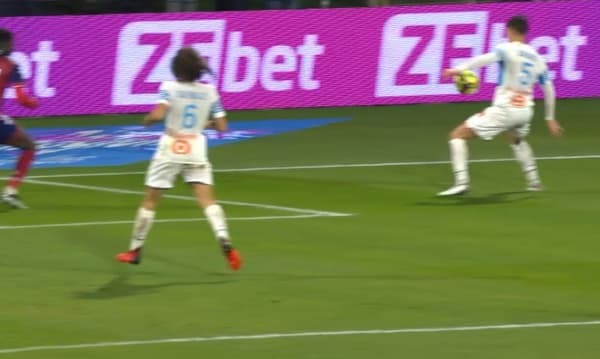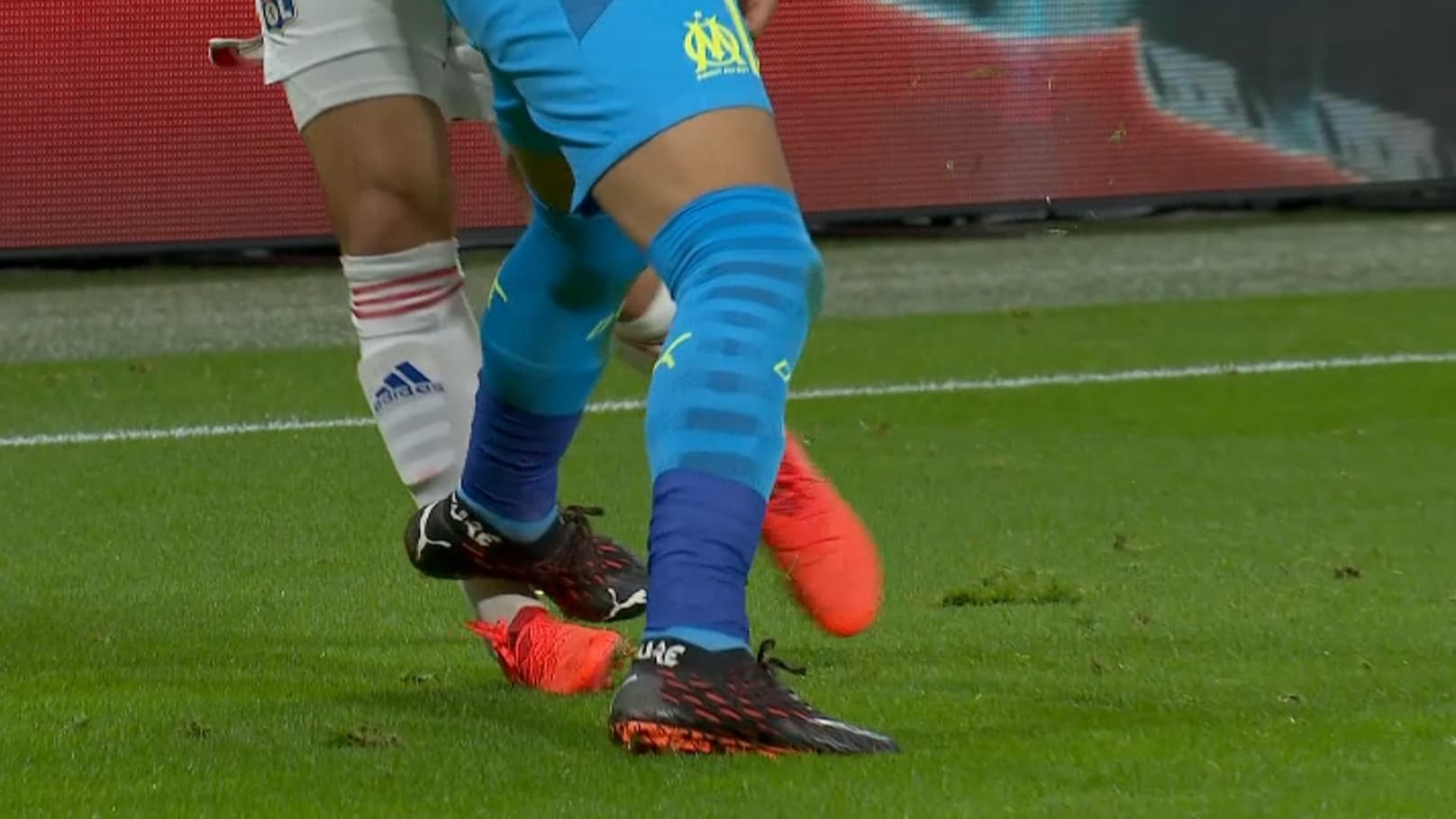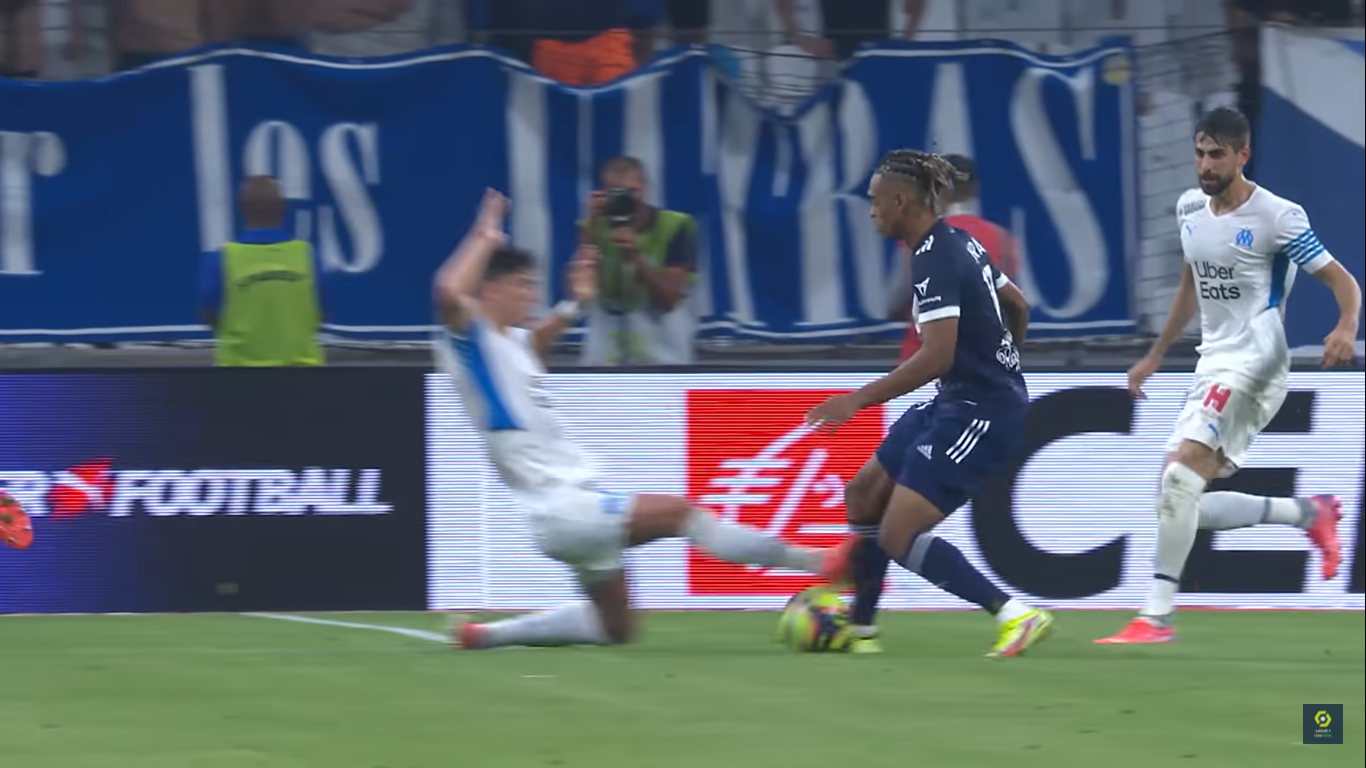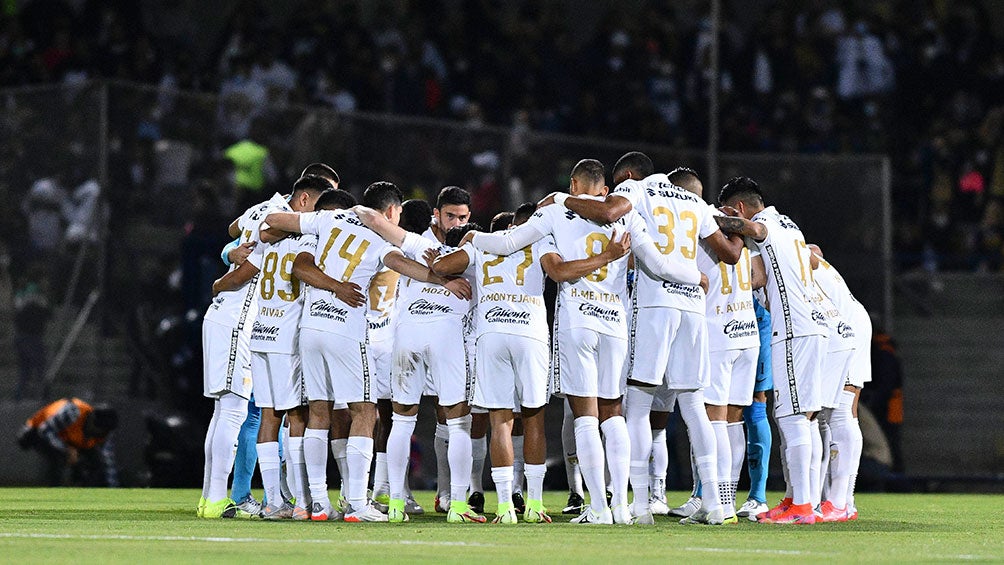Olympian supporters as well as players and coaches have always complained about French refereeing. Rightly or wrongly, these complaints are regular and the result of a debate that is not about to end. With social networks, the controversies are growing more and more, which does not help. The controversies are certainly the result of many deep problems in French arbitration, but also of a poor understanding of the rules. Arbitration is therefore targeted regularly when there is a defeat in Marseille and the disputed decisions only accumulate. The recent arrival of video arbitration has not helped the debate, and bad decisions are even more criticized. The real question now is whether OM are at a disadvantage, at an advantage or if, on the contrary, the club is refereed precisely in the French championship.
Some statistics
First of all, let’s rely on some statistics. During last season in 2020-2021, Olympique de Marseille was the club that received the most yellow cards in League 1, by far. The Marseille club have been penalized with 92 yellow cards this season, the closest team being FC Metz with 80 yellow cards. On average last season, OM received 2.4 yellow cards per game. A big difference then. For the red cards, only the Lyonnais cashed more last season. 10 red cards against them against 9 for the Marseillais.
Regarding the penalties, always last season, OM were awarded 7 shots on goal. A figure in the average of the championship of France. On the other hand, only 3 penalties have been whistled against OM (already two have been this season). Only PSG and Lille are doing better with two penalties conceded. Figures which are therefore very bad at the level of the boxes. According to the club 23% of the faults were sanctioned with a yellow card which is very high. These figures therefore appear very severe but are not inexplicable. By relying on recent situations that have caused controversy, we suggest you shed light on contentious situations.
Situations
Nîmes-OM 2018-2019
First situation Nîmes-OM 2018-2019. On August 19, 2018, Olympique de Marseille lost at Costières against Nîmes 3-1. A clearly missed match on the part of the Olympians, who logically bow. But at the end of the match that’s not what emerges. Indeed, at the 37th minute of play Dimitri Payet takes a free kick into the opponent’s box and Valère germain collapses. The Marseillais claim a penalty but the referee lets play. Once the ball is out of touch Benoit Bastien doesn’t even bother to go see the video believing that the two players are hooked on each other.
But the reality is totally different. Indeed Valère germain is hooked into the surface. According to football laws, Law 11 stipulates that “holding an opponent” must be sanctioned with a direct free kick, or a penalty. In our situation, therefore, the referee made a mistake, which can happen but the problem is not really there. The referee was called by his video assistants, but immediately declared that there was no fault without even giving his assistants time to explain the situation to him. A very regrettable incident and a very clear error against the Marseillais which could have enabled them to equalize and restart the match.
Clermont-OM 2021-2022
New situation, and this time much more recent. That of the hand of Leo Balerdi in the Clermont-OM match on October 31, 2021. During this match of the 12th day of Ligue 1, the Marseillais go to the promoted Clermont with the aim of regaining his place on the podium. After an opening of the score of Cengiz Under from the 25th minute of play, the match continues without addiction. The Marseillais push but do not score. Except that at 90e minute of play on Clermont-Ferrand action, Leo Balerdi is guilty of a hand in the box. The situation drives the Clermontois crazy, who obviously claim a penalty, but the referee does not whistle. Why ?
In reality in this situation the ball is first cleared with his foot, but the player misses his clearance and then goes on his hand. A fault that could have been penalized and that was systematically until last season. However, since this season, Law 12, which governs faults in football, stipulates that “any contact between the ball and the arm or hand of a player does not necessarily constitute an offense”. It is therefore up to the referee to judge whether the situation is a fault or not. Whether the hand was whistled or not there could have been no dispute because it is a personal decision only.

OL-OM 2020-2021
Now let’s talk about a shock of the French championship, “the Olympico” on October 4, 2020. The Lyonnais host a Marseille club that thirsts for victory in a stadium that is still unfortunately empty. The match starts strong and Dimitri Payet opens the scoring with a magnificent strike in the 16th minute of play. OM is celebrating, but 3 minutes later, the same Dimitri Payet is expelled following a large sole on Leo Dubois. The referee first gives a yellow card and after analysis of the var changes the color of the card. A decision very disputed by the Marseillais on the ground and outside. Social networks are crying foul, believing that the fault was not so gross and especially without impact on the game since it was made 40 meters from the goal and stuck to the touchline.
The Marseille player was therefore expelled for the reason: “commits a gross fault”. So indeed the fault does not seem very impressive, nor very important. But there is a red card. The laws of football are very clear: all tackles or soles above a player’s ankle results in the sanction of a red card. There was therefore a red card for Payet even if it may seem harsh at first glance.

OM-Bordeaux 2021-2022
For this last situation let us return to this season. OM Bordeaux, second day of the championship on August 15, 2021. While OM started this match perfectly and led 2-0 at the break. The Bordelais completely change their face in the second half and manage to equalize. The score is therefore 2-2 and at the 88e minute of play, Leo Balerdi is sent off for a tackle deemed too dangerous just in front of the Marseille area. Once again the people of Marseille are on fire and cry out against injustice.
Even if this tackle is not the most violent, and that the action was not even an action which can be judged as promising (punishable by a yellow card), there is red. On this action, it is the same rule as that of Payet against Lyon which applies. The referee does not hesitate for a single second to bring out the red because he clearly saw that the tackle of the Marseillais was at the level of the tibia. And as we said before, each tackle above the ankle is sanctioned with a red. There is therefore no possible dispute and the expulsion is fully justified.

Conclusion
If the Marseillais are hot-blooded and react very quickly to arbitration errors, most are easily justifiable when we analyze the facts more precisely. Even if some situations are real mistakes like the first one we saw, most of the time the arbitration against OM is consistent. It is enough to learn about the football laws drafted by the IFAB, and in particular on article 12 which explains all the rules related to faults and penalties. As for the boxes, there are no definite explanations for the situation. But the two most likely ideas are that either OM are a more aggressive team than the others and put too much commitment. Either the referees are susceptible to the pressure generated by OM and take out the boxes more quickly in order to calm the game directly.
Anyway, professional referees are observed at every match and are penalized if their decisions become too problematic. But French arbitration is still a subject of debate, its level being quite low compared to neighboring countries. This is reflected by the lack of French referees in international competitions such as the Euro where only Clément Turpin participated (he was dismissed from the round of 16). A reform would therefore be expected to improve this big black spot in the French football landscape.
–

